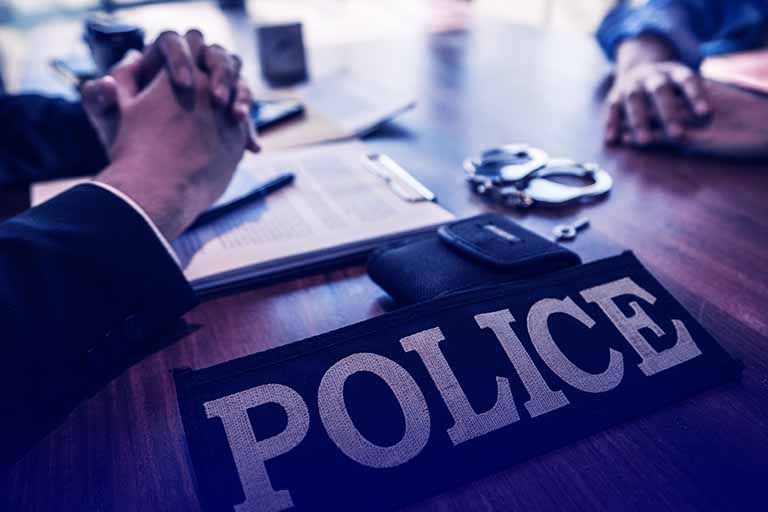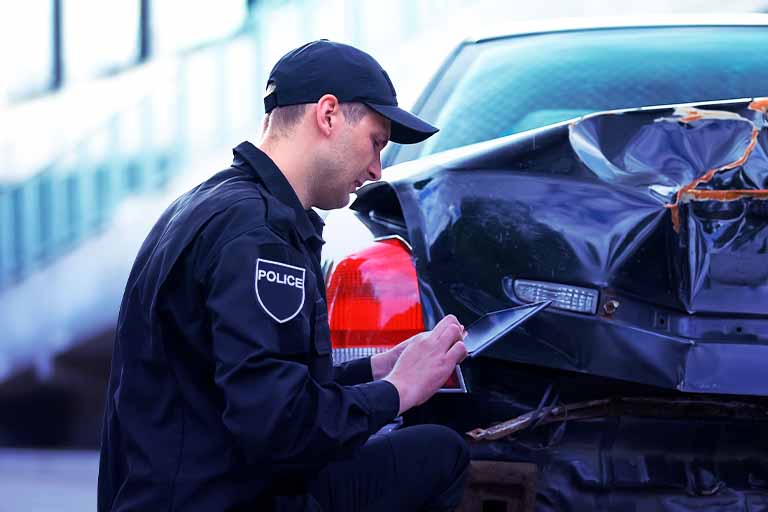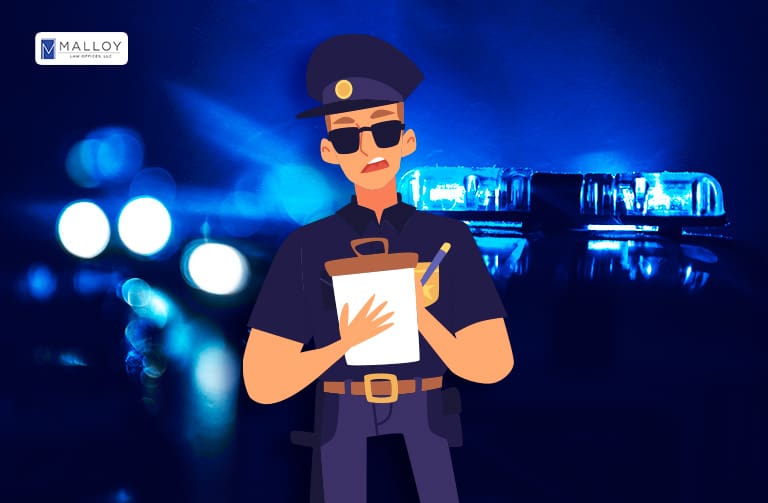What to Do if a Police Report is Wrong
After a collision between two cars, the flashing lights of an approaching police cruiser can be a reassuring sight. Here on the Malloy Law Offices company blog, we often stress the importance of obtaining a police report after a car accident. Law enforcement can put the chaos of a car crash back in order. But their reporting obligations may be even more valuable. A police report can provide an unbiased account of your accident. This makes it a highly valuable resource in a personal injury case. In settlement negations as well as in the courtroom, relevant parties will often refer to the police report to establish the facts. This means that a factually faulty police report may mean serious headaches for innocents involved in car accidents. Today’s blog post will cover what to do if a police report is wrong.

What Goes into a Police Report?
In general, first-responders to the scene of an accident will be tasked with the collection of relevant data. This may include:
- Names of persons involved, along with insurance information
- Descriptions of vehicles involved, as well as the damage they suffered and road debris scattered by the crash.
- An illustrated diagram of the accident
- Witness statements
The Importance of Controlling Your Emotions
It can be difficult for even the most level-headed among us to maintain composure in the aftermath of a car accident. After all, these incidents are often traumatic, and almost always defined by a pronounced lack of control on the part of the accident victim. When potentially thousands of dollars and the long term well-being of yourself and your loved ones may be on the line, it may be easy to see a simple clerical or transcription error as a personal attack. However, it’s important to remember the police officers are people, the same as anyone else. They can make honest mistakes due to overwork, fatigue, or simple human error. If your police report is wrong in its factual description or subjective interpretation of events surrounding your accident, don’t lose your cool. A solution will always be easier to find with a level head.
Responding to Common Police Report Errors
Factual Errors
Factual errors are relatively straightforward. Police officers are human, and humans make silly, inexplicable mistakes. A black car may become navy blue. A birth date or driver’s license number may be entered incorrectly.
In the event of a factual error, you can contact the responding officer and ask for a correction. So long as you have hard evidence that an error was made, they should be willing to enter a correction into the record.
Transcription Error
Notes taken immediately after an incident may be misinterpreted in the days and weeks afterwards. This may lead to incorrect details entering the police record. There is an especially high chance of transcription errors affecting spoken testimony. You may have success reaching out to remind responding officers of what was said at the time of the accident. Be polite and build a rapport with the police officials. They may be willing to update the report to reflect your word.
Errors of Omission
To omit something is to depart from, reject, or bypass it. Therefore, a police report that omits a fact or statement that ought to have been included is considered to have an error of omission.
This may be the most difficult sort of police clerical error to navigate. A detail you consider very relevant to the incident and your case may simply not be relevant to the reporting police officer. Once again, be polite and make your case to the officer. They may allow a correction of the record.
How Malloy Law Can Help If a Police Report is Wrong
You’ll find it more difficult to get the report modified if you disagree with subjective material included in it, such as an eyewitness account of the accident or the officer’s conclusion that you broke a traffic law. The officer’s assessment will remain in the report. You can, at most, request that your version of events be recorded in a follow-up report or added to the original report. A contested witness statement is no different. Although it is not possible to “correct” a witness’s account of an accident, you can ensure that your version of events is recorded in the report.
However, before giving any statement to police, it’s often prudent to consult with a personal injury attorney. Keep in mind that any statement made to police can be used against you in court. If your or a loved one is dealing with the fallout from an erroneous police report; contact Malloy Law Offices today for a free consultation. Our experienced and diverse legal team is standing by to offer world class advice as well as counsel. We’ll let you know if it’s possible, or even the right move, to have a police report changed. So don’t wait. Contact Malloy Law today for a free consultation.


